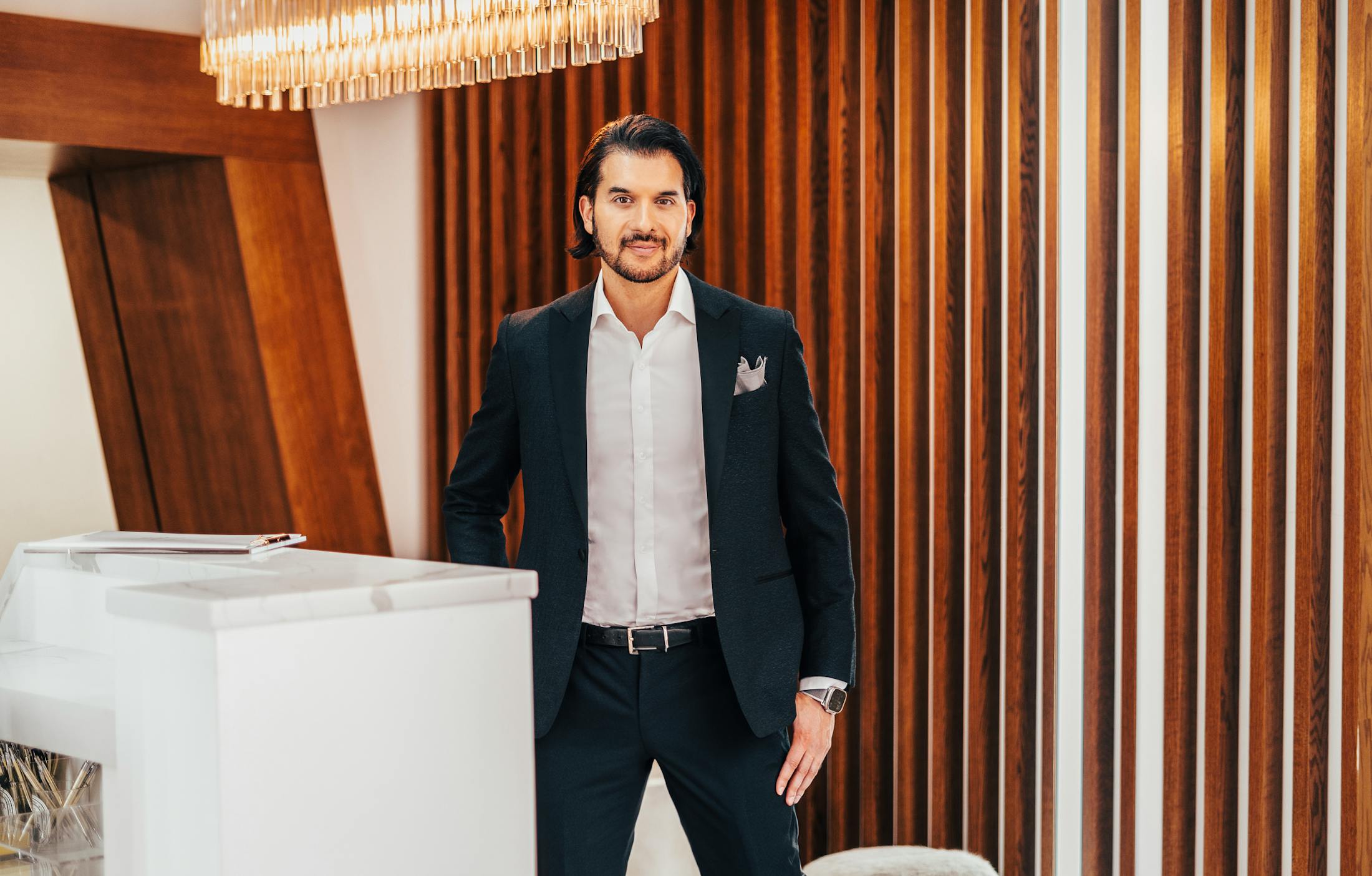We love what we do, and it shows.
Masters of Beauty with Dr. Anil Shah
- Innovation & Invention with Dr. Mittelman
- Beauty, Breakups, and Bettering Yourself with Julian Auza
- Sleeping Better with Dr. Steven Park
- Sleep Scientifically with Dr. Daniel Gartenberg Founder & CEO of Sonic Sleep
- Clinical Nutrition and Wellness with MEND Founder & CEO Eziah Syed
- Male Enhancement with Dr. David Shafer
- Everything You Wanted To Ask About Male Enhancement But Were Afraid To Ask
- Allergies & Other Things That Inflame The Nose
- SMILE! The Art Of Dentistry in The World Of Beauty
- Beauty After Death w/ Funeral Director Kelly Ableidinger
- All Things Scars w/ Dr. Christopher Zoumalan
- All things Acne Scars w/ Dr. Todd Schlesinger
- Lip Filler with Jonathon Fernandez
- Where Does Dr. Anil Shah Prefer to Operate and Why?
- Why Does Dr. Anil Shah Like Titanium Instruments?
Beauty Talk Mini Podcasts
- Why I Didn’t Like The Sex And The City Re-release
- Why I Cold Plunge
- Why I Say No More Often Than Yes
- Does Subcision Work For Acne Scars
- What Is Preservation Rhinoplasty?
- Creating A Normal Contoured Neck
- Options for African Americans With Acne and Acne Scars
- Do Chemical Peels Work For Acne Scars
- Is CoolSculpting Safe?
- Preservation Rhinoplasty Weaknesses
- Does Kybella Work In The Neck?
- Making The Ideal Female Nose
- The Best Spot for Kybella Isn’t The Neck
- Tom Cruise’s Face
- Achieving the Goal of Standardization in Aesthetics
- Lip Lift v. Lip Filler
- What Makes A Great Retinol?
- Skinuva For Scars
- Why PRP Doesn’t Work For Everyone
- How Many Minutes Do I have To Exercise… Now?
Nose Talk Mini Podcasts
- What is preservation Rhinoplasty?
- Preservation Rhinoplasty Weaknesses
- Making The Ideal Female Nose
- How Young Is Too Young: When Can I Get A Rhinoplasty?
- Open Or Closed Rhinoplasty: The Answer To The Great Debate
- Why I Stopped Using A Chisel
- Why Most Rhinoplasty Surgeons Might As Well Be Operating Blindfolded
- Why Do Patients Have Scars Along The Sides Of Their Nose
- Precision
- Seeing Where You’re Going
- Why I Correct The Entire Septum
- Why I Wear Loupes During Rhinoplasty
- What It Is Like Getting Rhinoplasty Surgery at Aesthetic Skin with Dr. Anil Shah?
- Complete Visualization Approach to Rhinoplasty


